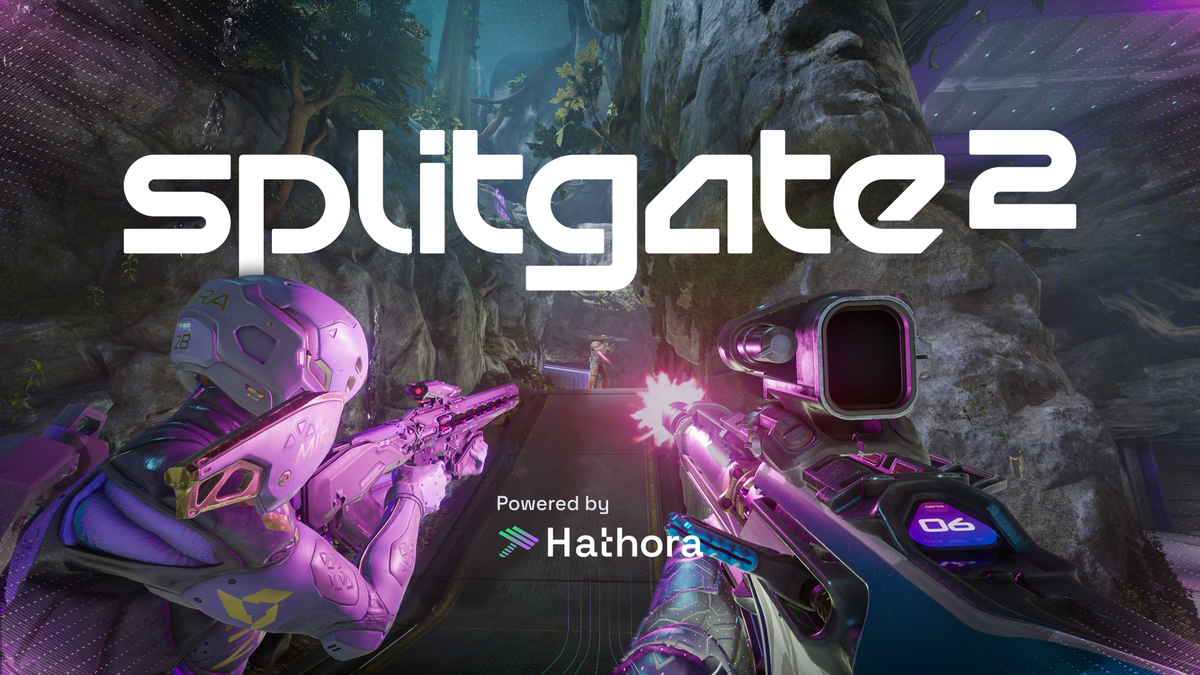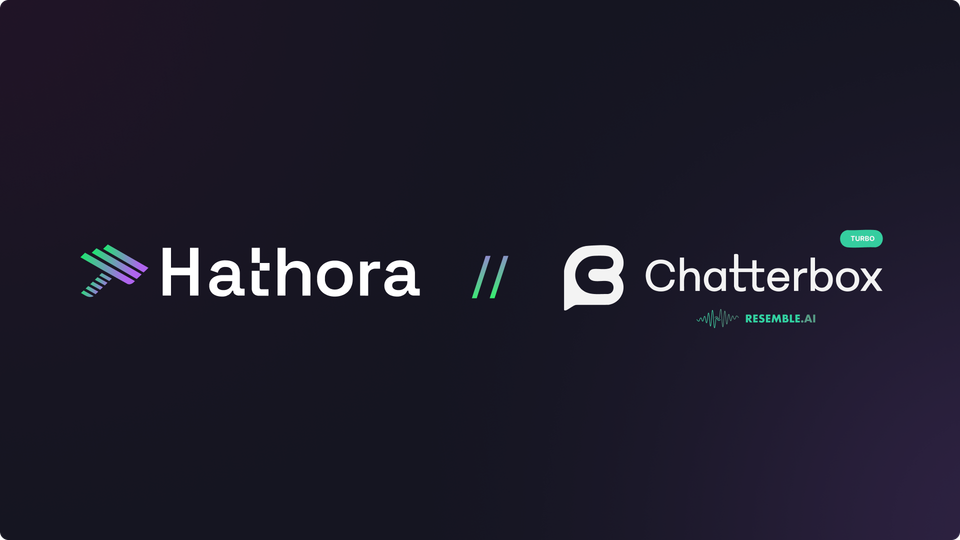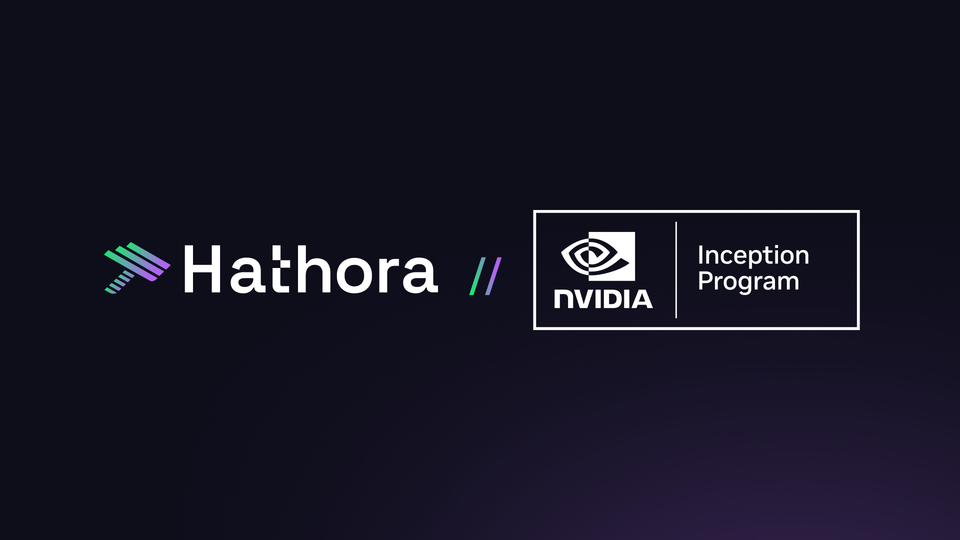How 1047 Games Built Everything In-House for Splitgate 2— with one exception

When Splitgate took off in 2021, it became an instant classic with a massive fan base, the studio behind the magic, 1047 Games, knew their sequel needed more than hype and great game play, it needed infrastructure that would bring them to the next level. With every asset redone, every line of code rewritten, and every system rebuilt, there was one thing they didn’t try to reinvent: the dedicated servers.
The Vision for Splitgate 2
When Ian Proulx and Nicholas Bagamian, 1047 Games co-founders, launched Splitgate out of their Stanford dorm room, they caught lightning in a bottle. Their genre-blending shooter combined Halo-style gunplay with Portal-like mechanics, creating a viral hit that scaled seemingly overnight.
After the initial success, Ian and Nicholas soon had visions of expanding their game further to give themselves a real shot at surpassing their own favorite franchises, like Halo. Their first thought was to expand upon Splitgate, but quickly they realized that because they had learned so much since the early dorm days, building a sequel from scratch would be the right path.
That was when the initial idea for Splitgate 2 was born. For Splitgate 2, the goal wasn’t just another hit, it was to launch a blockbuster FPS that would become an enduring franchise. Ian and Nicholas now faced a new daunting challenge, picking the right tech stack to give them the best shot to reach their ambitious vision for Splitgate 2.
Build What You Know. Buy What You Don’t.
1047 Games put every part of the development stack through a simple framework: Is this core to our game? Is it worth building ourselves?
Some answers were obvious:
- Content management system (CMS): Build it. They needed a custom system to manage in-game gear and future content. Learn more about that here.
- Player accounts: Build it. Things like cross-progression and player stats were so crucial to retention, they wanted to make sure they had full control and customizability.
- Dedicated servers with global autoscaling? Buy it. Managing cost-effective bare metal infrastructure themselves would have likely meant hiring expertise or pulling valuable developers away from things more core to the game itself.
While games are notorious for delayed timelines, 1047’s decision to use Hathora significantly reduced their time to market and removed a major hurdle that was never core to their game.
What 1047 looked for when choosing the ideal dedicated server provider
1047 Games spent months considering building their own platform, while also evaluating Hathora. The team had four key priorities when selecting infrastructure:
- Speed to integrate - how long would it take to get up and running?
- Cost-efficiency - did pricing scale well with their game?
- Feature velocity - how quickly would the provider deliver new functionality?
- Ease of ops - did the provider enable their team to easily operate their game?
"Provisioning dedicated servers ourselves might have been cheaper long-term, but we would've paid for it in lost focus. Hathora let us keep our attention on building parts of the stack that were core to our business of content creation." — Nicholas Bagamian, CTO
There wasn’t a singular moment where the team flipped a switch and decided to use Hathora, rather it was trust that was earned after each larger and larger internal and external playtest.
As the team went further down in onboarding Hathora, they had new needs that the Hathora team was able to build into the product.
- Efficiently Developing with Multiple Build Versions: With a nearly 200 person studio, the 1047 Games team had many different versions of the game being tested during active development. Hathora was able to allow developers to spin up older versions of the game even after a newer version was pushed. This was a way to streamline development before all of the versions were resolved.
- Improved Connection Information: Since 1047 Games developed their own backend system, Hathora provided a maximally efficient way to retrieve server connection information to fit 1047 Games’ custom needs.
- Extensive Scale: When a team that has reached 20+ million players prepares for a sequel, they need to expect the best possible launch-day outcome. To that end, the Hathora team rigorously scale-tested their system to handle a game of Splitgate 2’s popularity.
These platform improvements by Hathora provided 1047 Games extra confidence in the partnership.
"I just assumed everything would work—and it did." — Nicholas Bagamian
When Sid and Nicholas sat down to discuss this process, Nicholas had reflected on how the Hathora platform was “issue free” for six months and that was way back in February.
Launch Day: Global with Smooth and Scalable Infrastructure
The day-of-launch is often exciting and nerve-racking - and the team at 1047 Games experienced some unpredicted challenges, but now that the full launch is in the rearview mirror, we’re super impressed with how Splitgate 2 looks, and continues to gain acclaim among players. There have already been millions of matches, and the community is clearly resonating with the game.
While the team hasn’t disclosed exact CCU numbers, here’s what we can share:
- Cross-platform launch: Xbox, PlayStation, Steam, Epic Game Store
- Worldwide reach: Players from the U.S., Europe, Singapore, Sydney, and beyond
- 4.5 Million matches globally
- 96 matches launched per second at peak
- 2.2s avg container start time
Behind the scenes, Hathora spun up global game instances dynamically. Players stayed immersed. Developers slept easy with regard to dedicated servers, enabling them to put resources into much more pressing fires.
Running a multiplayer launch of this scale could mean cloud bills in the millions per month.
“This launch would’ve cost us double, or more, per month on a hyperscaler. With Hathora, we did it for a fraction of the cost.” — Nicholas Bagamian
Hathora’s platform enabled 1047 Games to facilitate the base capacity of their dedicated servers on bare metal and then using Hathora’s proprietary tech to make the metal “elastic” by scaling on to the cloud. Beyond the simplicity, the platform gave the 1047 Games team the ability to utilize limited engineering resources on more exciting and core-game problems. (Have you seen The Lab??)
A True Partnership
From architecture reviews to launch-day support, the Hathora team aimed to be more than a vendor.
“They felt as invested in the launch as we were. That made all the difference.” — Nicholas Bagamian
With our team in the war room, ready for anything that might go wrong, we were grateful that launch day went as smoothly as it did. So much of the calm is a result of all the hardening of the platform that Hathora does on an ongoing basis. The team knows that prior successes don’t guarantee success in the future, and spending the time to make sure each launch gets the attention it deserves lowers the risk of failure.
Throughout the launch weeks, Hathora proactively triaged and addressed live issues - allowing 1047’s team to reserve much more of their engineering efforts for mission critical challenges.
What’s Next for 1047 Games
With the launch behind them, the 1047 team is now focused on what matters: growing the franchise. Competitive play, live ops, content drops—they’re building the future of Splitgate 2.
And Hathora? We’re making sure the dedicated servers stay fast, global, and cost-efficient.
“We’re not thinking about dedicated servers. We’re thinking about players. That’s exactly where we want to be.” — Nicholas Bagamian




